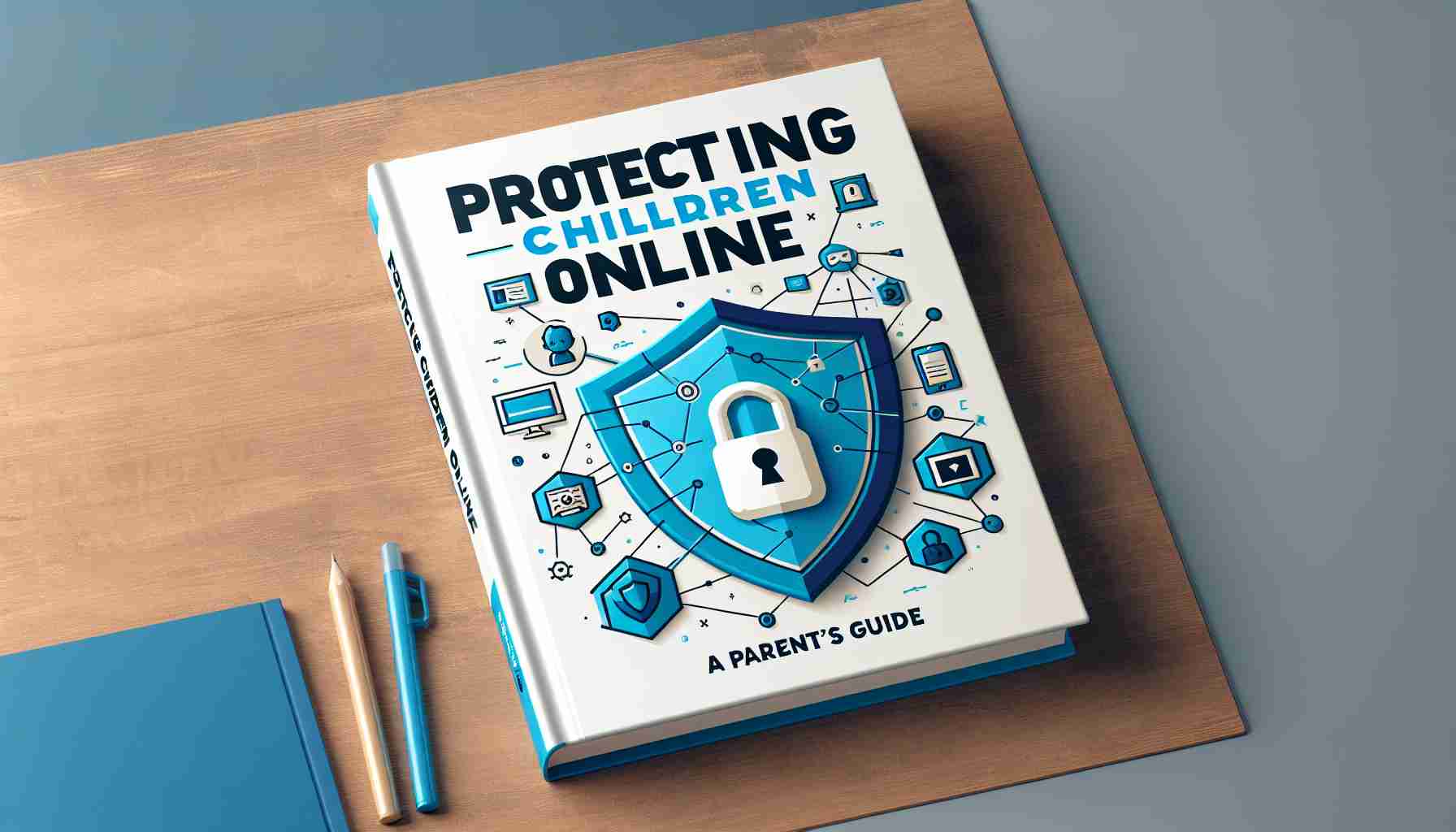In the age of digital learning and tools, parents are increasingly concerned about the influence of inappropriate advertisements on their children’s online activities. Many kids use educational and utility apps for tasks, research, study aids, and personal records.
One parent shared their experience of downloading a study app for their child, only to find constant pop-up ads enticing them to claim rewards or directing them to screens filled with virtual red envelopes. The parent expressed frustration, noting that it’s impossible for them to monitor their child’s every move on the app.
Experts warn that such advertisements, often containing suggestive or consumerist content, can have a detrimental impact on young minds. They stress the importance of children being able to navigate and understand these online environments independently. Parents acknowledge that children are adept at using technology and may have a better grasp of software than they do.
In response to these concerns, parents are urged to stay vigilant and actively participate in their child’s online experiences, guiding them on discerning appropriate content and recognizing when they are being swayed by misleading advertisements. By fostering open communication and setting boundaries, parents can help protect their children from negative influences online.
Protecting Children Online: Exploring Deeper Concerns and Solutions
With the digital landscape constantly evolving, safeguarding children’s online experiences requires parents to delve into more nuanced aspects beyond just monitoring for inappropriate advertisements. While educational apps play a significant role in children’s online activities, there are additional critical considerations that parents should be aware of.
Key Questions and Answers:
1. How do online platforms track children’s data?
Online platforms often collect data through cookies and tracking mechanisms to tailor advertisements and personalize content. Children may unknowingly provide sensitive information while engaging with various apps and websites.
2. What are the risks associated with children’s online interactions?
Children can be exposed to cyberbullying, harmful content, inappropriate advertisements, and potential privacy breaches. Additionally, online predators may exploit children through social media platforms and online chat rooms.
Challenges and Controversies:
Parents face the challenge of balancing children’s digital autonomy with the necessity of overseeing their online activities for safety. Controversies arise around the effectiveness of parental control tools and the ethical implications of data collection practices by online platforms targeting children.
Advantages and Disadvantages:
Advantages:
– Educational apps offer engaging learning experiences and interactive tools for children.
– Online platforms provide avenues for social interaction, creativity, and skill development.
Disadvantages:
– Children may be exposed to age-inappropriate content and targeted advertisements.
– Balancing screen time and real-world activities can be a struggle for both parents and children.
As parents navigate the complex landscape of protecting children online, maintaining open communication and establishing digital literacy skills become paramount in ensuring a safe online environment for children.
For further insights and resources on child online safety, visit Child Mind Institute for comprehensive guidelines and tools to empower parents in safeguarding their children’s digital experiences.























